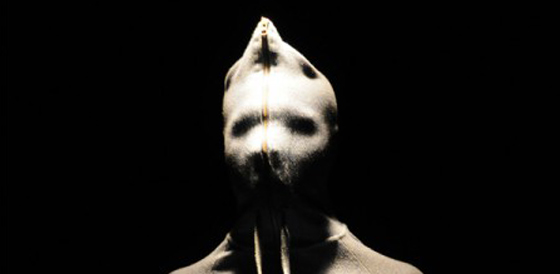Fathom
What does it mean when we drive species of fish to extinction if our own genes still carry the memory of scales and gills?
Overview
That the ocean is a primordial soup, there is no doubt. Scientific explorations into the dark depths have uncovered a universe of flora and fauna that challenge our conception of life and its forms, and there are still unknown pockets guarding even greater secrets deep below the waves. But there is a dire horror taking place in the oceans of the world. Behemoth swirls of plastic rubbish poison and throttle generations of marine life. Petrochemicals leech life from ancient biomass and greedy nets tear chunks out of the food chain.
Now you're ready for Dean Walsh's Fathom. Presented as part of his Australia Council Dance Fellowship, this sequence of compositions seeks to explore the uncertain future of our planet's oceans. Walsh's work in preparation for Fathom has seen him study the physiology of marine animals, finding physical links and analogues between us and some of our oldest ancestors. What does it mean when we drive species of fish to extinction if our own genes still carry the memory of scales and gills?
Calling upon his own experience as a scuba diver, and research into climate change, sustainability and the poised sword of extinction, Walsh's Fathom is an urgent piece for a dangerous time.
Image by Heidrun Lohr





